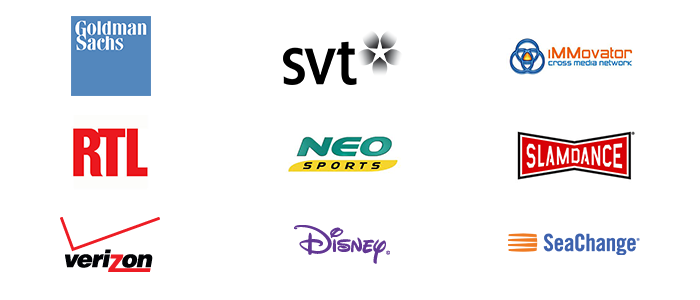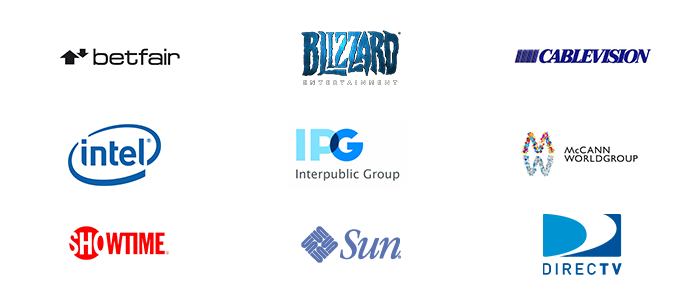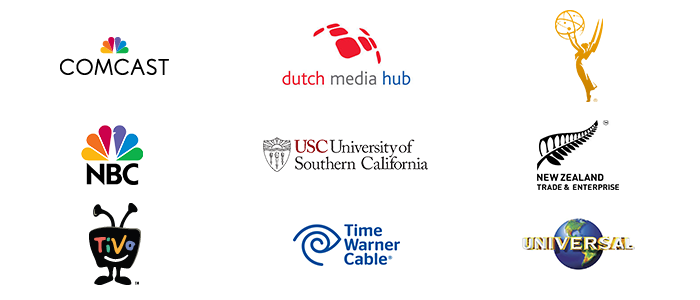
Read full post here
“What is the most important thing that has happened in the TV industry in the past decade?”
The overarching one is this huge shift from a linear environment to a nonlinear place. The movement from ‘appointment TV’ to random access TV. You can watch as little or as much as you want anywhere, anytime and on any device. This influences the limits imposed by business rules tremendously.
Most TV business models percolated first in the US, where we had a number of small broadcast networks followed by cable in the nineties. But you still had to be there to watch the show. The constraints to when you consume TV started to change with the DVD box set, DVR and this change coincides with the HBO era and ‘The Sopranos’. The change in how audiences were able to watch TV, on demand, allowed the stories and narratives to change from the old days of TV, when it was designed to watch stand alone.
Before these technological changes, people might see only 7 or 8 episodes of a 20 episode season. DVR and Netflix changed this; you could count on the fact that your audience could see each episode.
The business part of it changed the creative part of it, because you didn’t have to miss an episode and you could watch in any order. Audiences can now watch on demand and consecutively, opening the door to a different kind of storytelling. Dickens is the original architect of this type of narrative, he got you to buy another magazine to get the next episode. Great examples of this are shows such as 24 and LOST, which were only possible because creators of the show knew their viewers could catch up and watch each episode.
TV now becomes the dominant art form of our time, creating huge multi-year canvases. I talk about this in my book, TELEVISION — The Story of the World’s Most Powerful Medium
“What do you think will be the most important thing to happen in/to the TV industry in the next decade?”
The downward pressure on the existing cable model, mostly in the US is going to greatly influence the TV landscape in the next decade. 90 million households are paying for a cable package of which they only watch a certain number of channels. AMC is a great example of how the cable model worked well, having made millions from the cable networks they were able to create shows like Breaking Bad and Mad Men, shows that belong in the Top 10 shows of all time. They had the money to create this immensely successful and quality TV.
“What is going to happen when the cable network subscriber realizes they have the choice to not opt-in to a cable subscription?”
To watch more shows a la carte. If the cable network model starts to decline, will the networks move to Netflix or other subscriber channels?
The other big question, as a new generation comes up that has grown up on YouTube and online content, will they become part of the traditional TV group or not? Will they purchase multi-channel packages when they are 20?
Read full post here




